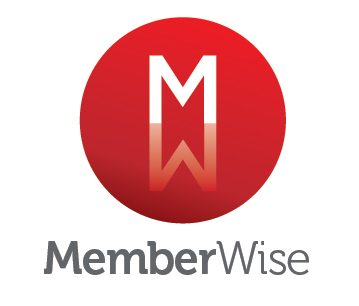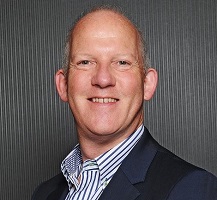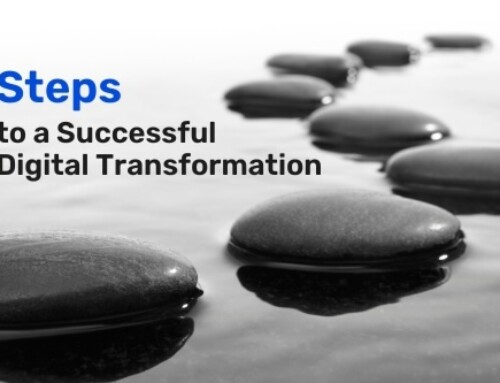The pandemic has led all leaders to reflect, and none more so than those within the membership organisations and professional bodies sectors. The old rules and expectations for attracting, selecting and appointing new senior team members are, rightly, under challenge.
Arguably, there has never been a time when attracting and securing the best talent has been more important. As organisations review their strategies and reconsider their short, medium, and longer-term plans, the evidence is that, within many membership and professional organisations Chief Executives are concluding that they will need to make changes to their senior teams. There are gaps in the necessary skills and experiences needed to enable their organisations to recover and to return to growth quickly. Organisational and operational efficiencies have been addressed at the more junior levels of organisations but, as yet, very little has changed in the composition of executive and non-executive teams. This is now an urgent requirement, and the luxury of time is not on the side of Chief Executives to make decisions. Reserves have been heavily eroded and as one CEO of a leading professional body put it to me
“reserves are there for the rainy day – the rainy day has arrived, and we have been dependent on them for business continuity”.
Having the right people in the right executive and NED/Trustee positions is of paramount importance. This is the time for decisive action to review the senior teams and secure the best talent available.
Against this backdrop, I have identified 5 key areas where, through adopting a more flexible approach than was the case pre-Covid, membership organisations and professional bodies can achieve a sustainable competitive advantage in the recruitment of high calibre and diverse talent for their organisations.
Interviewing
It is no longer acceptable or appropriate to expect candidates to travel long distances for an interview when remote interviewing has been shown to meets most requirements. Face to face interviewing could be reserved for final stages if necessary. A more flexible and tailored approach to interviewing opens up opportunities for accessing a much broader candidate pool. It can also deliver greater time and cost efficiencies, especially where panel interviews are part of the recruitment process. We are all becoming more confident in our remote interactions and interviewing is no exception.
Commuting
It is often legitimate for candidates who are not at a commutable distance from the physical office to be considered for a role. It has been demonstrated that effective leadership can be achieved from a distance. Historic travelling time can be more productively used. As the constraints to location become relaxed, the quality and diversity of the candidate pool increases.
Presenteeism
The nine to five working model is unnecessarily constraining. Senior candidates (as well as candidates more generally) are seeking a work-life balance that does not require them to be working inflexible hours, either from home or in a physical office. Leaders are more productive and effective if they are happier and less stressed. Membership organisations and professional bodies genuinely open to flexibility around working arrangements will be able to attract a wider and more diverse range of candidates.
Traditional employment contracts
Open ended employment contracts may not fit flexible business needs. Leaders are often hired with specific mandates. Once achieved, a leader with a different set of skills and experiences may be better suited. Open ended contracts often result in organisations, after a period of time, having the wrong leaders and senior teams. Set a time frame at the outset and review at key stages whether to continue or complete the relationship. Where membership organisations and professional bodies are able to consider flexibility around contractual terms this can help broaden the base and diversity of candidates available and also maintain vibrancy and relevance in their leadership.
The 5-day working week
A view commonly but privately expressed to me by several Chief Executives of membership and professional body clients is that either they, or certain members of their teams, could deliver their roles effectively in under 5 days per week. They tell me that they would much prefer this working arrangement. This would allow them the time to contribute their experience in an additional capacity – for example, as a non-executive or advisor. This would broaden their experience and personal development and enable their primary organisation to benefit as well as others. In this scenario executives would provide flexibility to meet their organisation’s needs throughout the week but without the need for a five-day presence. Through this more flexible approach membership and professional bodies can benefit from the high-level experience they require of their leader whilst controlling costs. They would also benefit by significantly increasing the calibre and diversity of the senior candidates that they could have access to.
These are just s number of more flexible approaches membership and professional organisations could adopt in their approach to recruitment.
 The LSL Group holds the position as the only specialist executive search business to be focused on the membership sector. If you would like to explore these ideas further or have an informal and confidential discussion about your senior leadership requirements, please contact [email protected] 07979 916118.
The LSL Group holds the position as the only specialist executive search business to be focused on the membership sector. If you would like to explore these ideas further or have an informal and confidential discussion about your senior leadership requirements, please contact [email protected] 07979 916118.









Leave A Comment